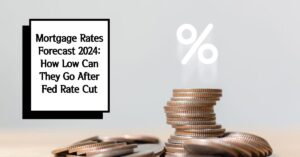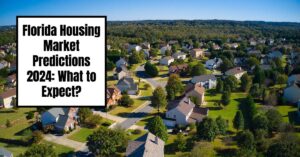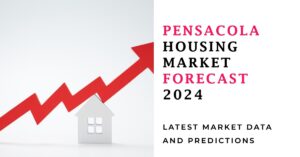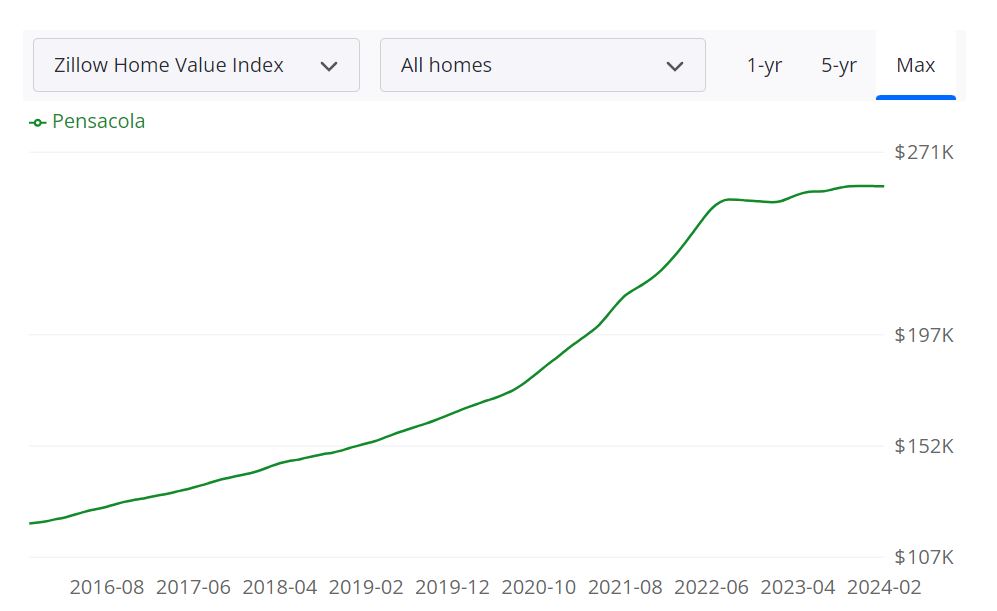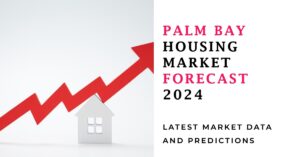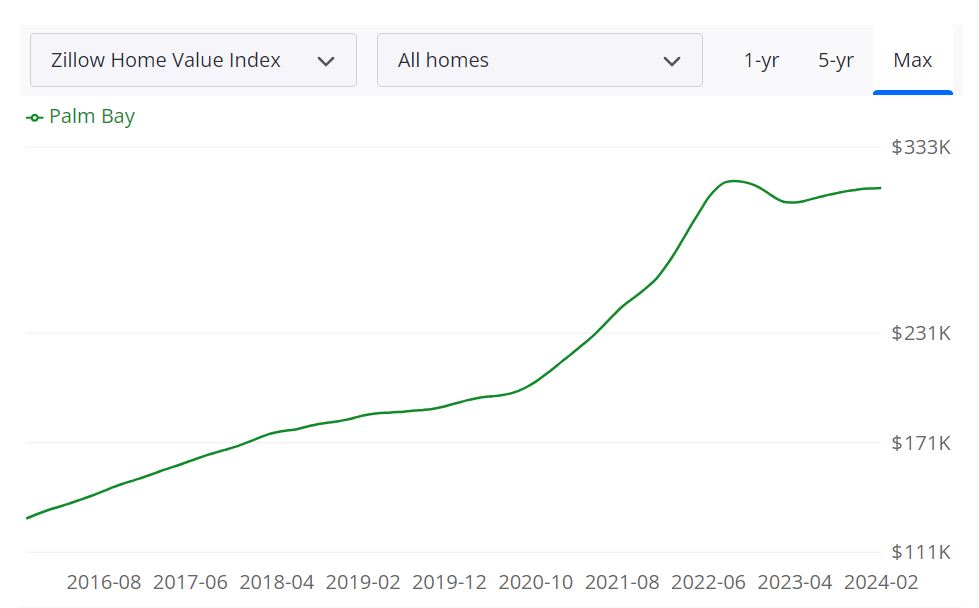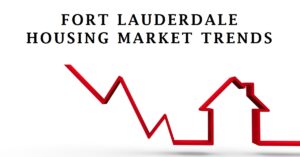Housing market trends are always changing. One month, prices are up; the next month, they're down. It's enough to make anyone's head spin! So, what's going on in the market right now? Let's take a look at the latest data from the National Association of REALTORS® (NAR) for August 2024.
Housing Market Trends: What's the Latest?
Existing Home Sales: A Bit of a Slowdown
- Existing-home sales actually went down a little in August. They dropped 2.5% from July, landing at a rate of 3.86 million sales per year (adjusted for seasonal changes).
- If we compare to August 2023, sales were down 4.2%.
Home Prices: Still Climbing
- Even though fewer homes are selling, the prices are still going up!
- The median existing-home sales price in August was $416,700. That's 3.1% higher than August of last year.
- This marks 14 months in a row where prices have gone up year-over-year.
Inventory: A Glimmer of Hope for Buyers
- Here's some good news for folks trying to buy a home: there are more houses available for sale!
- Inventory (the number of homes for sale) increased by 0.7% from July to August. That brings us to 1.35 million homes available.
- This translates to a 4.2-month supply. That means if no more homes were listed, it would take 4.2 months to sell all the houses currently on the market.
- A balanced market usually has about 6 months of supply. More inventory usually means buyers have more choices and more power to negotiate prices.
Regional Housing Market Data:
In the Northeast, sales activity softened, slipping 2.0% from July to an annual rate of 480,000 units. This figure was on par with August 2023 levels. Despite the modest decline in sales, median prices in the Northeast continued their upward trajectory, rising 7.7% year-over-year to $503,200.
The Midwest housing market remained relatively stable in August, with sales remaining unchanged at an annual rate of 920,000 units. However, compared to the previous year, sales activity was down 5.2%. Median prices in the Midwest saw a more moderate increase of 3.8% year-over-year, reaching $315,400.
Southern housing markets experienced a slight pullback in August, with sales decreasing 3.9% from July to an annual rate of 1.73 million units. This represented a 6.0% decline compared to August 2023. The median price in the South rose 1.6% year-over-year to $367,000.
In the West, existing-home sales dipped 2.7% in August to an annual rate of 730,000 units, marginally lower than the previous year's level. Median prices in the West continued their upward trend, increasing 2.2% year-over-year to $622,500.
Decoding the Data: What's Driving These Housing Market Trends?
Mortgage Rates Impacting Affordability
One significant factor influencing the housing market is the fluctuation of mortgage rates. As of September 12, 2024, Freddie Mac reported that the 30-year fixed-rate mortgage averaged 6.2%. While this is lower than the 7.18% rate seen a year ago, it still contributes to affordability challenges for potential homebuyers.
Inventory Challenges Persist, Favoring Sellers in Certain Markets
The slight increase in housing inventory is a positive sign, but it's essential to note that it remains relatively low. This limited inventory, particularly in regions like the Northeast, continues to give sellers an advantage, often leading to multiple offers and higher selling prices.
First-Time Homebuyers Face Ongoing Obstacles
First-time homebuyers, a vital demographic for a healthy housing market, are facing significant hurdles. The NAR reports that first-time buyers accounted for just 26% of sales in August 2024, matching an all-time low. This decline can be attributed to factors such as rising home prices, competition from investors, and difficulty saving for a down payment.
What's This Mean for Buyers and Sellers?
For Buyers:
- More choices, maybe better prices: With more homes for sale, you might have an easier time finding one you love. Plus, there's a chance you could snag a better deal, especially if the home has been sitting on the market for a while.
- Mortgage rates matter: Even though home prices are still a little high, lower mortgage rates could make things more affordable.
For Sellers:
- Competition is back: More inventory means you'll have to make your house stand out from the crowd. Think about pricing competitively, staging your home nicely, and working with a great real estate agent.
- Don't panic: While the market might be cooling a bit from its peak frenzy, well-priced homes in good locations are still selling.
My Take on the Housing Market
As someone who keeps a close eye on housing market trends, I think we're in a period of adjustment. Prices went up so quickly over the past few years, it was only a matter of time before things slowed down. I don't think we're headed for a crash or anything like that. In my opinion, this is more of a rebalancing act. Buyers might finally have a little more leverage, which is a good thing!
Important Factors to Watch
Here are a few things that could really shake up the housing market in the coming months:
- Mortgage rates: If they keep going down, that could boost affordability and push more buyers into the market. But if rates go up, it could cool things down.
- The economy: A strong economy usually means more people feel confident about buying homes. A weaker economy could make folks hesitant.
- Job market: People need jobs to buy homes! So, keep an eye on unemployment rates.
The bottom line? The housing market is always changing! The best thing you can do is stay informed, work with experienced professionals (like a good real estate agent or lender), and make the best decision for your unique situation.
Also Read:
- Housing Market Predictions for Next Year: Prices to Rise by 4.4%
- Housing Market Predictions for the Next 4 Years: 2024 to 2028
- Real Estate Forecast Next 5 Years: Top 5 Predictions for Future
- Real Estate Market Predictions 2025: What to Expect
- Is the Housing Market on the Brink in 2024: Crash or Boom?
- 2008 Forecaster Warns: Housing Market 2024 Needs This to Survive
- Housing Market Predictions for the Next 2 Years
- Real Estate Forecast Next 10 Years: Will Prices Skyrocket?
- Housing Market Predictions for Next 5 Years (2024-2028)
- Housing Market Predictions 2024: Will Real Estate Crash?
- Trump vs Harris: Which Candidate Holds the Key to the Housing Market (Prediction)

